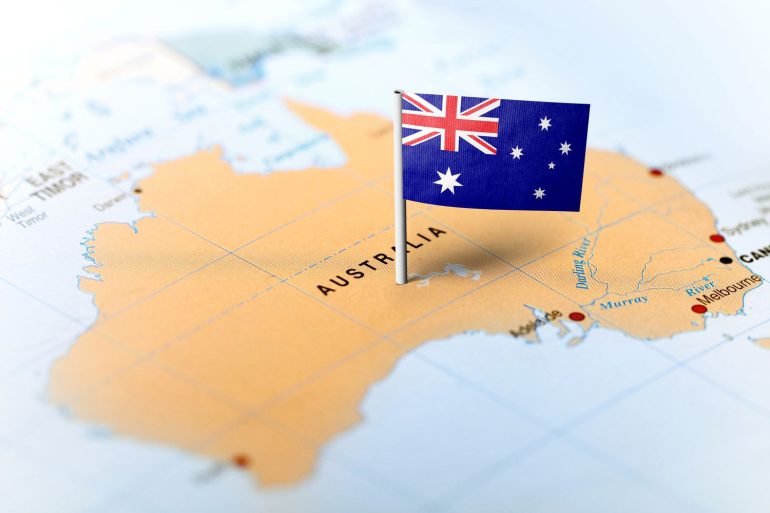- Australia joins Seoul Declaration and Seoul Ministerial Statement on AI, aligning with other advanced nations.
- Declaration emphasizes greater cooperation for AI development in public interest.
- Ministerial statement highlights safety-led AI development and importance of egalitarian principles.
- Focus on leveraging AI for public sector benefits like administration, welfare, education, and healthcare.
- Emphasis on international cooperation for research and talent development in AI.
- Australia actively participates in global AI agreements, expanding reach beyond G7 nations.
- Concerns raised about AI manipulation in elections; calls for legislative measures and technical capabilities to combat deceptive AI content.
Main AI News:
Australia has officially become a signatory to the Seoul Declaration and Seoul Ministerial Statement on Artificial Intelligence (AI), aligning with other technologically advanced nations in a concerted effort to shape the future of AI development.
In the Seoul Declaration, endorsed by the European Union and 10 other nations, there is a strong call for enhanced collaboration among countries to steer the advancement of artificial intelligence toward public welfare objectives. The declaration underscores the importance of cooperative endeavors in ensuring that AI development is grounded in safety and guided by principles of equality.
Moreover, the accompanying ministerial statement, endorsed by 27 countries, emphasizes the imperative of prioritizing safety in AI development, particularly in light of the susceptibility of large language models (LLMs) to human biases. Ministers stress the necessity of placing the public interest at the forefront of AI innovation to avert potential dystopian scenarios.
Acknowledging the myriad benefits that AI offers across various sectors such as administration, welfare, education, and healthcare, ministers underscore the significance of leveraging AI to enhance citizen experiences through accessible digital services and streamlined procedures. Furthermore, they underscore the importance of fostering international cooperation in research and talent development to empower developing countries in AI utilization while ensuring the inclusion of socio-cultural and linguistic diversity throughout the AI lifecycle.
The Seoul Declaration and ministerial statements represent a significant evolution of the Bletchley Declaration on AI safety, advocating for proactive approaches to AI enhancement and safety on a global scale.
Australia’s active participation in these agreements reflects its proactive stance on AI cooperation and safety. Recently, the Australian government joined the 47-member AI Process Friends Group, extending the reach of the Hiroshima AI Process Comprehensive Policy Framework to the broader Asia Pacific region, beyond the G7 nations.
Highlighting the urgency of AI-related challenges, Australian Electoral Commissioner Tom Rodgers raised concerns about the use of AI in election manipulation on a global scale. Citing instances from countries like Pakistan, the United States, Indonesia, and India, Rodgers emphasized the need for robust legislative measures and technical capabilities to combat the proliferation of deceptive AI-generated content, particularly in the electoral process. He stressed the importance of ensuring the integrity of political discourse and the voting process amidst evolving technological landscapes.
Conclusion:
The signing of the Seoul Declaration and Ministerial Statement by Australia, along with other nations, signals a concerted global effort to advance AI development with a focus on safety, equality, and collaboration. This commitment underscores the growing importance of AI in various sectors and highlights the need for robust legislative and technical measures to address emerging challenges, particularly in areas such as election integrity. This presents significant opportunities for businesses operating in the AI market to prioritize safety and ethical considerations while fostering international partnerships for innovation and growth.

